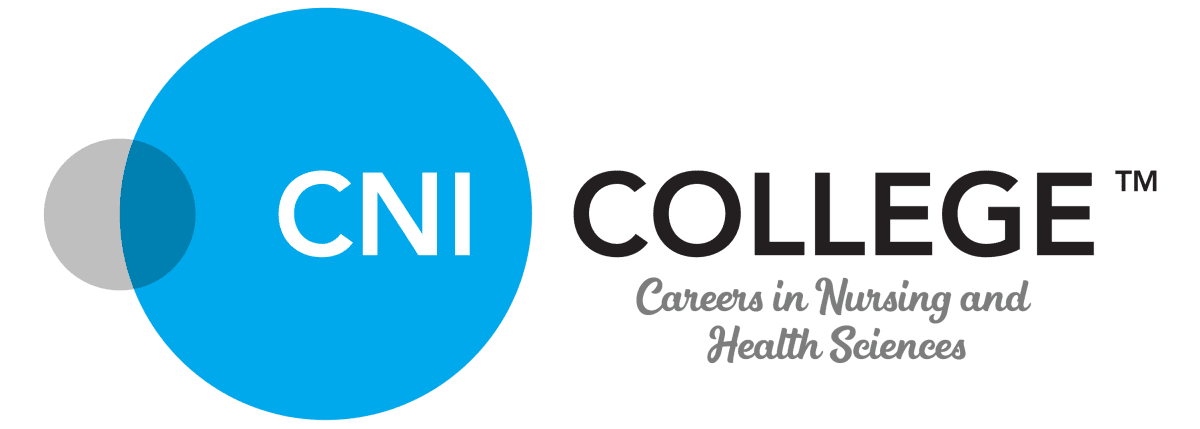The world of healthcare is evolving rapidly, and with it, the demand for highly qualified and educated nurses is on the rise. If you’re considering a career in nursing or already hold a Registered Nurse (RN) license, you might be wondering about the benefits of obtaining a Bachelor of Science in Nursing (BSN) degree. In this blog post, we will delve into the numerous opportunities that await those with a BSN degree, the increasing demand for BSN-prepared nurses, and the specific job roles you can pursue.
The Growing Demand for BSN-Prepared Nurses
Before we dive into the career possibilities, let’s address the rising demand for BSN-educated nurses. Over the past decade, the healthcare industry has seen significant changes. Patient care has become more complex, and as a result, employers are increasingly looking for nurses with advanced education and skills. Several factors contribute to this growing demand:
The Complex Healthcare Environment: A Driving Force for BSN Demand
The healthcare landscape has undergone remarkable transformations in recent years, and this evolving complexity is a primary driver behind the increasing demand for BSN-prepared nurses. Here’s a closer look at the multifaceted factors contributing to this complexity:
- Technological Advancements: Rapid advancements in medical technology have revolutionized patient care. From electronic health records (EHRs) to robotic-assisted surgeries and telemedicine, nurses must navigate a digital realm that demands a strong understanding of technology. BSN programs typically integrate courses on informatics and healthcare technologies, preparing nurses to harness these tools for efficient patient care.
- Preventive Care Emphasis: Healthcare has shifted its focus from reactive treatment to preventive care. Nurses play a pivotal role in educating patients about healthy lifestyles, disease prevention, and early intervention. BSN programs incorporate coursework in health promotion and community health, empowering nurses to be proactive advocates for patient well-being.
- Interdisciplinary Collaboration: Effective patient care often requires collaboration among various healthcare professionals, including doctors, pharmacists, therapists, and social workers. BSN-prepared nurses are better prepared to communicate and collaborate effectively within this multidisciplinary environment, ensuring seamless care coordination.
- Evidence-Based Practice: Evidence-based practice has become the gold standard in healthcare. BSN programs emphasize critical thinking and research skills, enabling nurses to incorporate the latest evidence into their clinical decision-making. This ensures that patient care is grounded in the most current research and best practices.
- Legal and Ethical Challenges: The healthcare field is fraught with legal and ethical dilemmas. BSN-educated nurses receive education in ethics, legal standards, and healthcare policies, preparing them to navigate complex ethical issues and ensure patient rights are upheld.
- Quality Improvement Initiatives: Healthcare organizations are continuously striving to improve patient outcomes and reduce costs. BSN-prepared nurses are well-versed in quality improvement methodologies and can actively participate in initiatives aimed at enhancing the quality and safety of care delivery.
Magnet Hospitals
- Excellence in Nursing Care: Magnet Hospitals are known for their exceptional nursing care. They prioritize nursing practice standards and are committed to providing the highest quality patient care. This includes adherence to evidence-based practice and continuous improvement in patient outcomes.
- Nurse-Driven Initiatives: Magnet Hospitals actively involve nurses in decision-making processes. Nurses play a significant role in shaping policies, procedures, and quality improvement initiatives. Their expertise is valued and utilized to improve patient care.
- Positive Work Environment: Magnet Hospitals prioritize creating a positive and supportive work environment for their nursing staff. This includes initiatives to reduce nurse burnout, enhance job satisfaction, and improve nurse-to-patient ratios. A satisfied nursing workforce translates to better patient care.
- High Nursing Education Standards: Magnet Hospitals often have a higher percentage of BSN-prepared nurses among their staff. They encourage and support nurses in pursuing advanced education and professional development. Many Magnet Hospitals require a significant proportion of their nurses to hold a BSN degree.
- Strong Leadership: Effective nurse leadership is a hallmark of Magnet Hospitals. They have nurse leaders who inspire and empower their teams, fostering a culture of collaboration and innovation. Nurse leaders advocate for resources and policies that promote excellence in patient care.

Job Opportunities with a BSN Degree
Now that we understand the demand for BSN-educated nurses, let’s explore the diverse career opportunities available to those with this degree.
Clinical Nurse
Clinical nurses are the backbone of healthcare facilities. They provide direct patient care, administer medications, monitor vital signs, and collaborate with doctors and other healthcare professionals. A BSN degree equips clinical nurses with a deeper understanding of patient assessment, critical thinking, and evidence-based practice, making them invaluable assets in hospitals, clinics, and long-term care facilities.
Nurse Manager/Supervisor
BSN-educated nurses often advance into managerial or supervisory roles. Nurse managers oversee nursing units, ensuring efficient operations, staff scheduling, and adherence to policies and procedures. Their leadership helps maintain high-quality patient care and fosters a positive work environment.
Public Health Nurse
Public health nurses work to improve the health and well-being of communities. They assess community needs, plan and implement health programs, and educate individuals on health promotion and disease prevention. BSN-prepared public health nurses are better prepared to handle the complexity of public health challenges.

School Nurse
School nurses play a crucial role in ensuring the health and safety of students. They assess and treat students’ health concerns, manage medication administration, and collaborate with educators and parents to support students’ overall well-being. A BSN degree provides the knowledge and skills needed to handle diverse healthcare needs in an educational setting.
Case Manager
Case managers work with patients and their families to coordinate healthcare services and ensure continuity of care. They assess patients’ needs, develop care plans, and connect them with appropriate resources. BSN-educated case managers have a holistic view of healthcare, making them effective advocates for patients navigating complex medical systems.
Critical Care Nurse
Critical care nurses work in intensive care units (ICUs) and other high-acuity settings. They care for patients with life-threatening conditions, such as those recovering from major surgeries, trauma, or severe illnesses. BSN-educated critical care nurses are well-equipped to handle the intricacies of critical care, including advanced monitoring and specialized interventions.
Nursing Horizons: The BSN Degree Advantage
A Bachelor of Science in Nursing (BSN) degree opens up a world of opportunities in the ever-evolving healthcare industry. The demand for BSN-prepared nurses is on the rise, driven by the increasing complexity of healthcare, the pursuit of Magnet status by hospitals, and the proven benefits of higher education in nursing. Whether you aspire to provide direct patient care, take on leadership roles, promote community health, or educate future nurses, a BSN degree equips you with the knowledge and skills to excel in your chosen path. Embrace the possibilities and make a positive impact on the healthcare landscape with your BSN degree.

